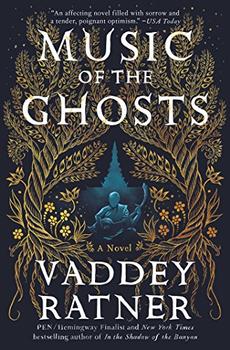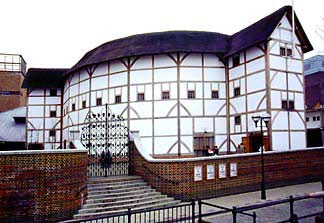
The Pulitzer Prize (pronounced PULL-it-sir) is awarded annually for outstanding public service and achievement in American journalism, literature, and music. Presented each year since 1917, it’s considered the country’s most prestigious award in these fields.
 I was recently participating in BookBrowse's online book discussion for Vaddey Ratner's excellent novel, Music of the Ghosts, in which the main characters are survivors of the Khmer Rouge. Needless to say, since it discusses the horrors Cambodian citizens endured during the genocide, it contains some pretty intense passages, and one of my fellow posters mentioned finding the subject matter "difficult" and therefore hard to read about. This comment prompted an offline discussion with others regarding books that cover topics that we generally don't want to dwell on, specifically humanity's ability to be unimaginably cruel to others or indifferent to their suffering. The question arose: As readers, do we have an obligation to history to read "difficult" books?
I was recently participating in BookBrowse's online book discussion for Vaddey Ratner's excellent novel, Music of the Ghosts, in which the main characters are survivors of the Khmer Rouge. Needless to say, since it discusses the horrors Cambodian citizens endured during the genocide, it contains some pretty intense passages, and one of my fellow posters mentioned finding the subject matter "difficult" and therefore hard to read about. This comment prompted an offline discussion with others regarding books that cover topics that we generally don't want to dwell on, specifically humanity's ability to be unimaginably cruel to others or indifferent to their suffering. The question arose: As readers, do we have an obligation to history to read "difficult" books?
The war that began formally in August, 1914 changed the political and geographical map of Europe, the Middle East, and even much of the Far East--and, in broader but very real terms, the Earth itself. In many ways, we are still engaged in this war and the maps are still flowing. Though there was a period of 'entre deux guerres' in the 1920s and early 1930s--a false peace at best--the world has for the most part been on a war-time footing and economy for the past hundred years.
It's important to remember that time, to understand the people who lived through it, and to enter into the dynamics, the reverberations of which are still felt in our own time. These sixteen books, including histories, memoirs and novels, are some of the best from and about that period and give us an opportunity to experience this watershed in human history.
For the last few years, when the holiday season has come around, we've looked back to previous centuries for the newsworthy events of the year. Please join me on a whistle-stop tour one hundred years back in time, to 1912:
 A few weeks ago, while visiting family in England, we took a long overdue visit to see a production at London's new Globe Theatre.
Located in the heart of London's South Bank close to the Thames (just 750 feet away from the location of the original Globe), the Globe plays to a capacity crowd of 1600 twice a day and has, in the fifteen years since it opened, become one of London's most popular tourist destinations. Considering the pride that the British have in Shakespeare you might have thought that a reconstruction of the Globe would have been a "no brainer" project supported by people across the United Kingdom - but that was far from the case. In fact, I hope it will warm the cockles of BookBrowse's mostly American readers to know that the modern-day Globe Theatre would not exist if it wasn't for the vision and determination of one singular American - Sam Wanamaker.
A few weeks ago, while visiting family in England, we took a long overdue visit to see a production at London's new Globe Theatre.
Located in the heart of London's South Bank close to the Thames (just 750 feet away from the location of the original Globe), the Globe plays to a capacity crowd of 1600 twice a day and has, in the fifteen years since it opened, become one of London's most popular tourist destinations. Considering the pride that the British have in Shakespeare you might have thought that a reconstruction of the Globe would have been a "no brainer" project supported by people across the United Kingdom - but that was far from the case. In fact, I hope it will warm the cockles of BookBrowse's mostly American readers to know that the modern-day Globe Theatre would not exist if it wasn't for the vision and determination of one singular American - Sam Wanamaker.